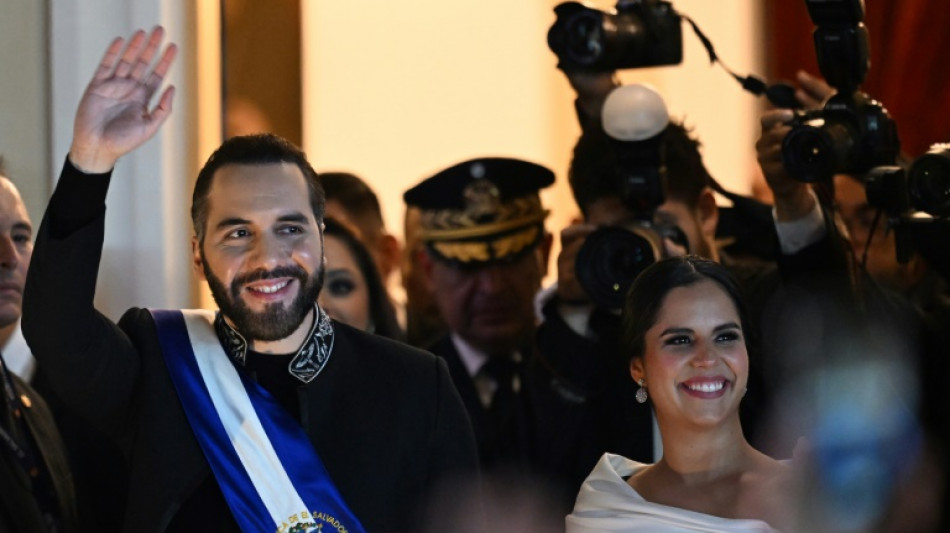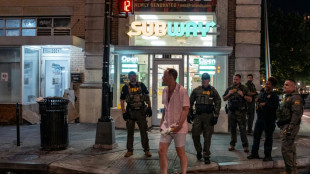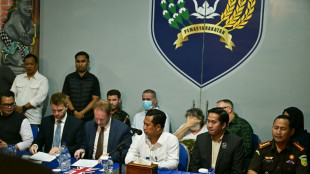

Salvadoran President Bukele says go ahead and call him 'dictator'
El Salvador's President Nayib Bukele said he would rather be branded a "dictator" than allow criminals to run loose, defying critics in a barnstorming speech marking one year since his re-election.
His hardline approach to El Salvador's powerful gangs has made him one of the world's most domestically popular leaders, even as human rights defenders raise alarm over arbitrary arrests and eroding civil liberties.
"I don't care if they call me a dictator. I'd rather be called a dictator than see Salvadorans killed in the streets," he said during his speech at the National Theater on Sunday.
First elected in 2019, Bukele was returned to office in a landslide vote last year after the Constitutional Court knocked down a prohibition on consecutive terms.
His second stint in office has been characterized by an alliance with US President Donald Trump on deportations as well as what critics describe as a widening offensive against human rights defenders.
But Bukele accused NGOs of defending criminals and suggested the press was joining an "organized attack" spearheaded by international groups.
"Let them discuss semantics while we remain focused on achieving results," he said. "Contrary to the lies they spread day and night, we have more results than any other government in all our history."
Bukele's war on gangs is widely credited with slashing homicides to the lowest rate in three decades.
But rights groups say he has increasingly abused the state of emergency and crackdown on crime as a pretext to silence dissidents.
Last month, a coalition of rights groups, including Amnesty International, condemned rising repression under Bukele after the arrest of prominent lawyer Ruth Eleonora Lopez.
Lopez was arrested on May 18 and accused of embezzling state funds when she worked for an electoral court a decade ago.
A vocal critic of Bukele's anti-crime policy, she worked for a rights group that was investigating alleged state corruption and assisting Venezuelans deported by the United States and imprisoned in El Salvador.
Washington is paying Bukele's government to imprison 288 migrants accused by the Trump administration of belonging to gangs.
Two activists were also arrested in May, while in February, the leader of the Human and Community Rights Defense Unit Fidel Zavala was detained and accused of links with gangs.
Last month, Bukele's allies in the Legislative Assembly imposed a Foreign Agents Law levying a 30 percent tax on organizations receiving overseas funding and requiring them to join a special registry.
Bukele's human rights commissioner Andres Guzman, who has defended the leader against allegations of abuses, told AFP at the end of May that he has resigned.
"In this first year of the second unconstitutional term, there is an authoritarian escalation. It is the consolidation of dictatorship," Ingrid Escobar, director of the NGO Humanitarian Legal Aid, told AFP.
B.Mitchell--VC







